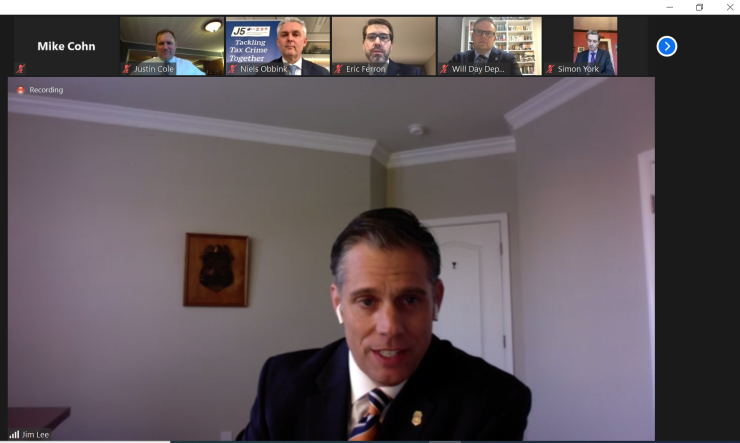The Internal Revenue Service’s Criminal Investigation division released statistics Thursday on its COVID-related fraud probes and said it has conducted more than 660 investigations over the past two years, uncovering a total of $1.8 billion in alleged fraud.
The cases encompassed a wide range of criminal activity, including fraudulently obtained loans, credits and payments. IRS Criminal Investigation and the Justice Department achieved a 100% conviction rate for prosecuted cases, with prison sentences averaging 42 months. Cases included a California family whose members were
The statistics come approximately two years after the CARES Act was signed into law and ushered in the Paycheck Protection Program, multiple rounds of Economic Impact Payments and other forms of tax relief in response to the pandemic. However, many of the programs were rolled out hastily and attracted fraudsters who bilked the government out of billions of dollars and only rarely got caught.

“The Coronavirus Aid, Relief, and Economic Security (CARES) Act was signed into law nearly two years ago as a safety net for Americans in light of an unprecedented health crisis,” said IRS-CI Chief Jim Lee in a statement. “Unfortunately, even during times of crisis, criminals pop their heads out to look for ways to take advantage of those in their most vulnerable state. Thanks to the investigative work of IRS-CI special agents and our law enforcement partners, we’ve ensured criminals who try to defraud CARES Act programs face consequences for their actions.”





